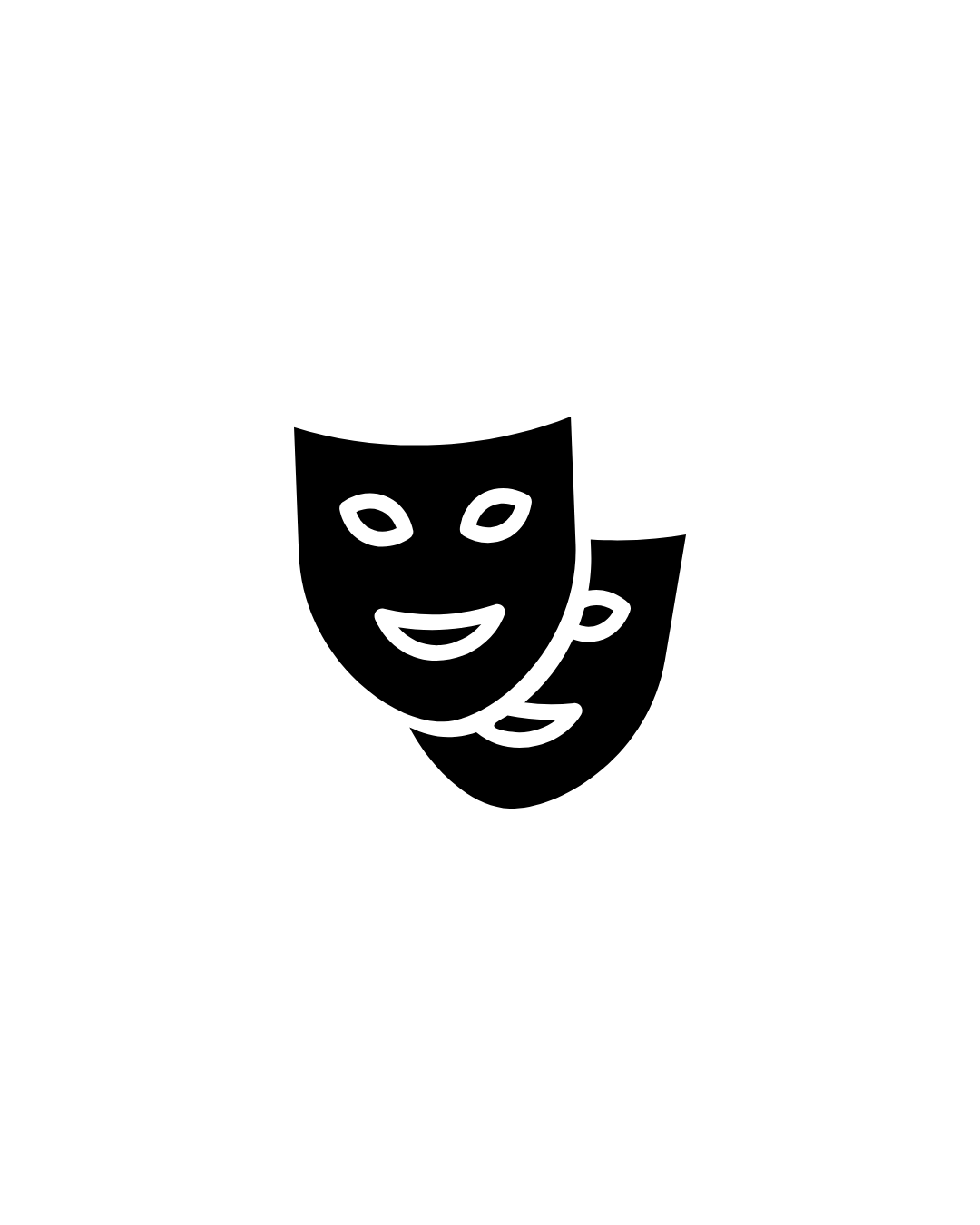Description
Curriculum for D.Voc. in Theatre and Acting
A Diploma in Vocation (D.Voc.) in Theatre and Acting is designed to provide students with an in-depth understanding of the performing arts, focusing on acting techniques, stagecraft, and performance skills. This program typically combines theoretical knowledge with practical training, preparing students for various roles in theatre and related fields. While specific courses may vary by institution, a typical curriculum may include the following subjects:
Introduction to Theatre Arts
Overview of the history, development, and various forms of theatre, including different genres and styles.
Acting Techniques
Exploration of fundamental acting methods, including Stanislavski, Meisner, and Lee Strasberg techniques to develop character and performance skills.
Voice and Speech
Training in vocal techniques, breath control, articulation, diction, and projection to enhance performance delivery.
Movement for Actors
Physical training to improve movement on stage, including principles of body language, stage presence, and awareness.
Improvisation
Techniques for spontaneous performance, building confidence, creativity, and quick thinking in acting scenarios.
Script Analysis
Understanding and dissecting scripts, character development, and the study of playwriting to enhance performance interpretation.
Directing Fundamentals
Basics of directing for stage, including rehearsal processes, collaboration with actors, and staging techniques.
Theatre Production
Overview of production elements including set design, lighting, costumes, and sound, and the roles involved in creating a production.
Stage Management
Skills and responsibilities of a stage manager, including organization, communication, and coordinating production elements.
Character Development
Techniques for creating authentic and relatable characters through background exploration, motivation analysis, and emotional connection.
Audition Techniques
Preparing for auditions with monologues, cold readings, and understanding the casting process in the industry.
Theatre Criticism
Learning to critically analyze performances and productions, developing writing and communication skills related to theatre review.
Internship/Practical Experience
Hands-on experience in theatre productions, allowing students to apply their skills in real-world settings, such as acting, stage management, or other technical roles.
Duration of the Program
The duration of a D.Voc. in Theatre and Acting typically ranges from one to three years, with most programs designed to be completed within two years. This duration includes a mix of theoretical learning and practical training.
Career Opportunities After Completing D.Voc. in Theatre and Acting
Graduates of the D.Voc. in Theatre and Acting can pursue various career paths in the performing arts, including:
Actor
Performing in stage productions, films, television, and other media, bringing characters and stories to life.
Director
Overseeing productions, guiding actors, making creative decisions, and managing the overall vision of a performance.
Stage Manager
Coordinating all aspects of a production, including schedules, communications, and managing rehearsals and performances.
Theatre Producer
Managing the business and administrative aspects of theatre productions, including funding, marketing, and hiring staff.
Playwright
Writing scripts and plays, developing original stories for theatre and performance.
Voice Actor
Providing voice work for animated characters, commercials, video games, and various audio productions.
Dramaturg
Supporting the script development process and providing research and analysis to enhance production quality.
Theatre Educator
Teaching acting, drama, or theatre-related subjects in schools, colleges, or community programs.
Costume/Set Designer
Creating visual elements for productions, including costumes and set designs to enhance storytelling.
Public Relations or Marketing for Theatre
Managing marketing strategies and audience engagement for theatrical productions or companies.
Improv Performer
Engaging in improv comedy or performances, utilizing quick thinking and creativity in unscripted scenarios.
Event Coordinator for Performing Arts
Planning and managing events related to theatre, arts festivals, or performances, ensuring smooth operation.
Conclusion
A D.Voc. in Theatre and Acting equips students with essential skills for success in the performing arts. With a combination of theoretical education and practical experience, graduates are well-prepared to enter various roles in the theatrical world, fostering creativity and artistic expression. If you have any further questions or need more information about this program, feel free to ask!









